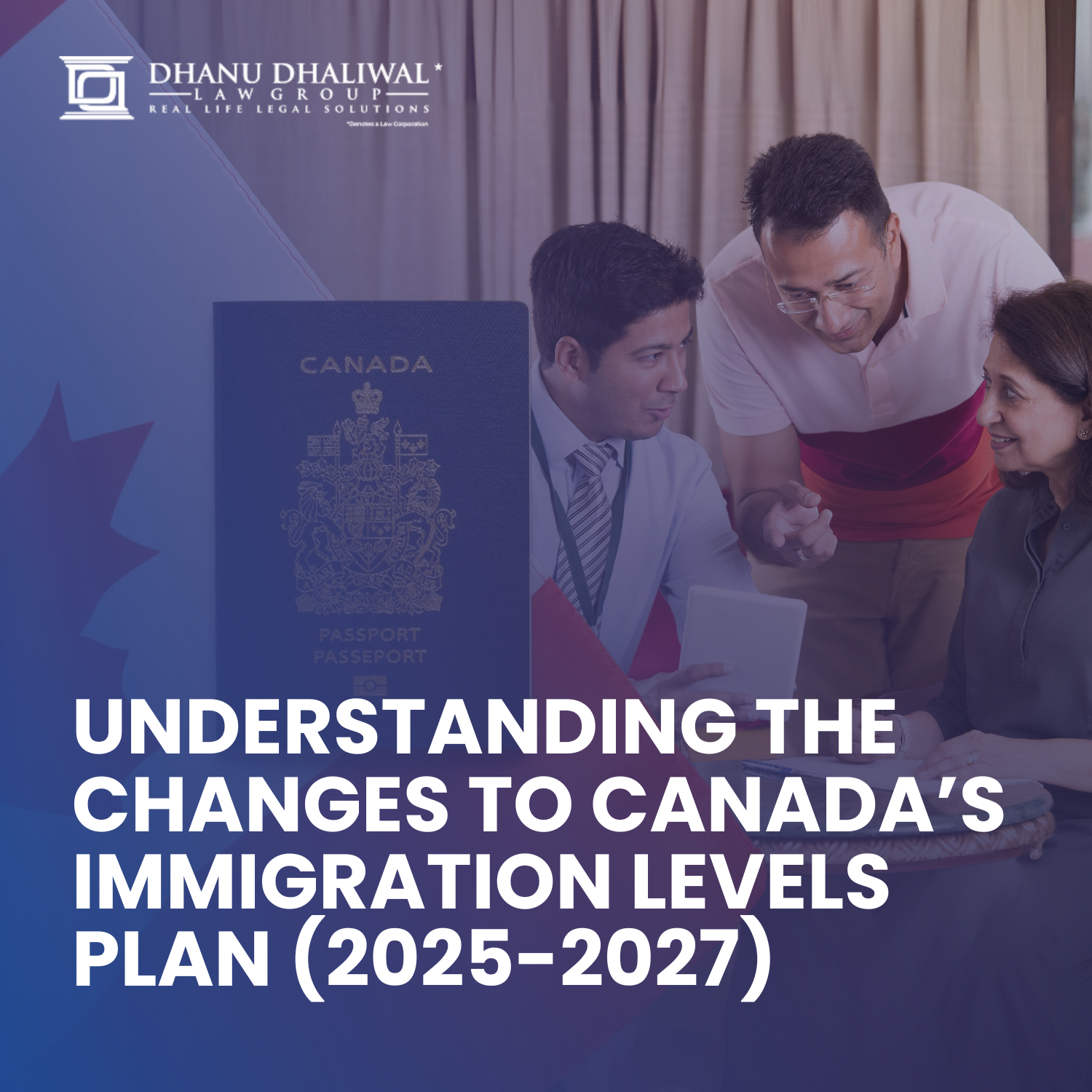Immigrating from the United States to Canada is possible through various immigration pathways, each with its own eligibility criteria and application process. Here are some common immigration options:
- Express Entry System:
- The Express Entry system is Canada’s main immigration pathway for skilled workers. It includes three federal programs: the Federal Skilled Worker Program, the Federal Skilled Trades Program, and the Canadian Experience Class.
- To be eligible, you typically need to meet certain criteria, including having a certain level of education, work experience, language proficiency, and the ability to demonstrate your adaptability to the Canadian labor market.
- Create an Express Entry profile and score points based on the Comprehensive Ranking System (CRS). The highest-ranking candidates are invited to apply for permanent residence through regular Express Entry draws.
- Provincial Nominee Programs (PNPs):
- Each Canadian province and territory has its own PNP, which allows them to nominate individuals for permanent residence based on their specific labor market needs and immigration priorities.
- If you have skills or experience that match a specific province’s requirements, you may be able to apply for nomination through their PNP.
- Family Sponsorship:
- If you have close family members who are Canadian citizens or permanent residents, they may be able to sponsor you for immigration to Canada. Family members who can sponsor you include parents, children, spouses, or common-law partners.
- Sponsors must meet certain income requirements and agree to provide financial support for the sponsored family members.
- Study Permits:
- You can come to Canada as a student by obtaining a study permit. After completing a program of study in Canada, you may be eligible to apply for a post-graduation work permit, which can eventually lead to permanent residence.
- Work Permits:
- If you have a job offer from a Canadian employer, you can apply for a work permit. Gaining Canadian work experience can make you eligible for certain immigration programs, such as Express Entry.
- Start-Up Visa Program:
- If you plan to start and operate a business in Canada, the Start-Up Visa Program may be an option. You will need to secure a commitment from a designated Canadian angel investor group, venture capital fund, or business incubator.
- Asylum or Refugee Status:
- If you are seeking asylum or refugee status in Canada due to fear of persecution or risk to your safety in your home country, you can make a claim at a Canadian port of entry or apply from within Canada.
- Spousal or Common-Law Partner Sponsorship:
- If you are married to or in a common-law relationship with a Canadian citizen or permanent resident, your partner may sponsor you for immigration to Canada.
- Intra-Company Transfers:
- If you work for a multinational company with offices in Canada and the U.S., you may be eligible for an intra-company transfer work permit, which can lead to permanent residence under certain circumstances.
- Atlantic Immigration Pilot Program (AIPP):
- The AIPP is a program designed to address labor market shortages in the Atlantic provinces of Canada (Nova Scotia, New Brunswick, Prince Edward Island, and Newfoundland and Labrador). Eligible individuals can apply for permanent residence through this program.
Eligibility criteria, requirements, and application processes can change, so it’s essential to check the official website of Immigration, Refugees, and Citizenship Canada (IRCC) for the most up-to-date information and to consult with an immigration lawyer or consultant for personalized guidance. The specific immigration pathway you choose will depend on your qualifications, goals, and circumstances.






